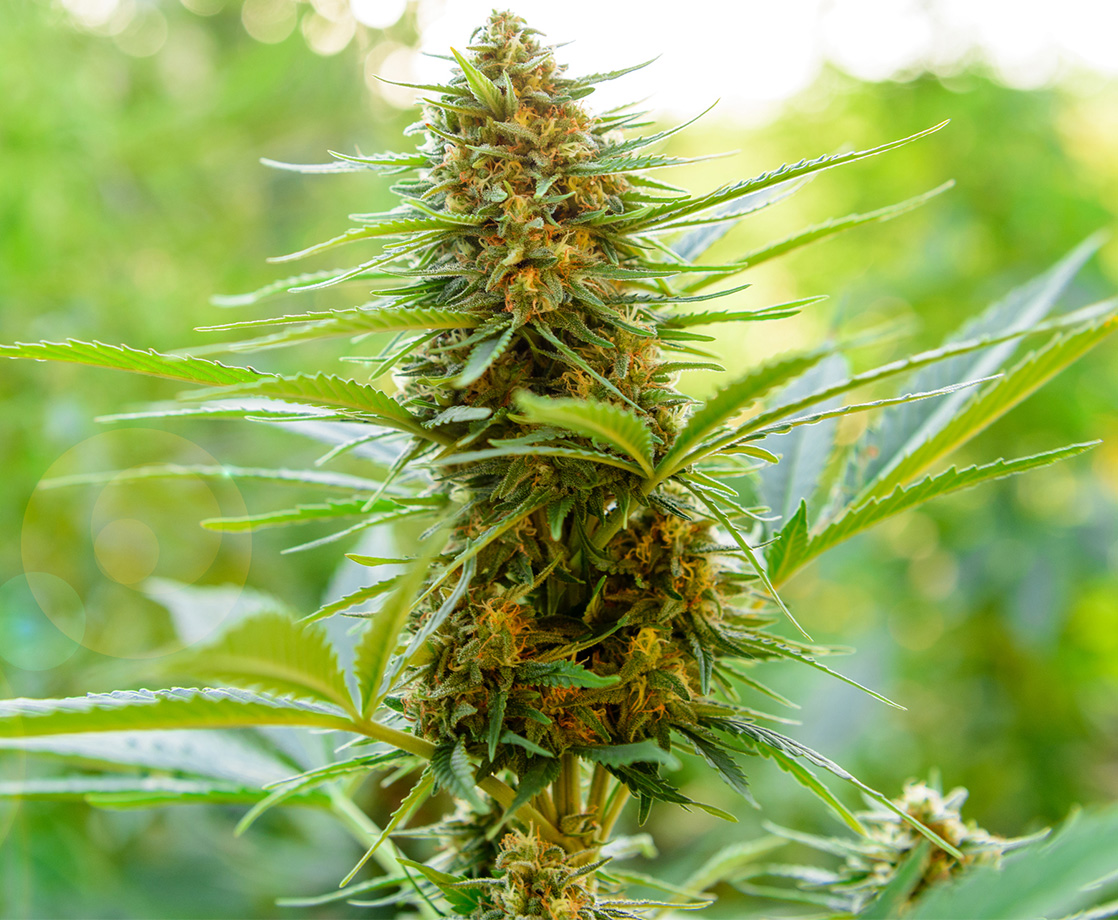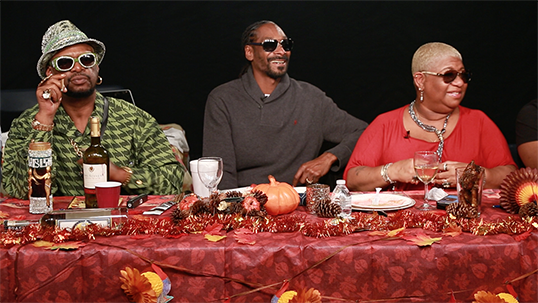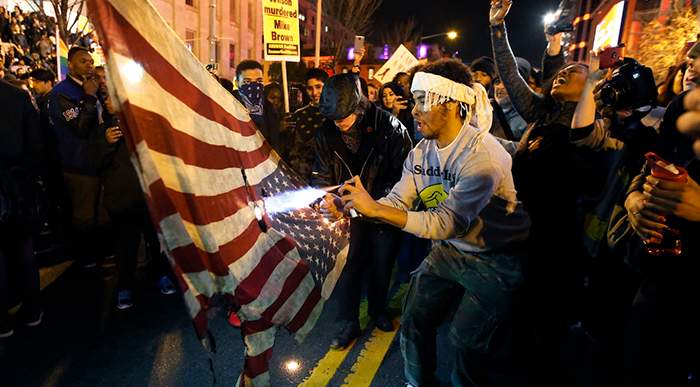After a rocky start, legal weed is finally making progress in Oklahoma. Last month, Sooner State voters approved one of the country's most comprehensive medical cannabis programs, but conservative government officials immediately made moves to restrict the measure. In the face of legal threats, the state is backing off on these restrictions, but a conflict between the new law and older state laws will leave cannabis law enforcement in confusion until the new medical program can get fully underway. The issue may get even more complex by that time, as activists have just submitted a petition to place a recreational legalization measure on the state election ballot this fall.
Oklahoma voters approved the medical marijuana legalization measure, known as State Question 788, on the state's primary election ballot in June. Conservative government officials took issue to the fact that the measure did not establish a list of qualifying conditions, leaving it up to individual doctors to decide what conditions merit treatment with cannabis. The state Board of Health (BOH) quickly voted to amend the law to include a number of new restrictions, including the ban of all forms of smokable cannabis and a requirement that all dispensaries keep a licensed pharmacist on staff.
The advocacy groups behind the ballot initiative took legal action against the state, arguing that the new regulations were in violation of voters' wishes. State Attorney General Mike Hunter realized that the lawsuit had a good chance of success, and urged the BOH to back down on the most controversial of these restrictions. Governor Mary Fallin, who advocated for the restrictions and signed them into law, also saw the writing on the wall and separately urged the BOH to amend their regulations.
This week, the BOH's Medical Marijuana Authority released a new set of draft rules that essentially reverse the majority of their previous restrictions. The revised regulations will no longer ban smokable cannabis, will not require a pharmacist to be present at every dispensary, and remove arbitrary THC limits imposed on products. Furthermore, a troubling regulation that would have forced all women to undergo a pregnancy test before receiving approval to use medical cannabis will also be lifted.
Chip Paul, co-founder of Oklahomans for Health, the group that collected signatures for the original ballot measure, told Tulsa World that he was "doing backflips" over the new draft. "If we get this voted in by the board, it couldn't have been done better in my mind. It's wonderful." Paul said that he and other cannabis advocates had recently met with Interim Health Commissioner Tom Bates to discuss the changes to the law, including the possible addition of improved product testing requirements.
While this drama has been playing out, the new medical marijuana law went into effect this week. Until the state has completed its licensing and regulation process, and the first dispensaries open their doors, the legality of medical marijuana remains somewhat hazy. The new law mandates that any individual who is busted with an ounce and a half of weed or less can only be punished with a $400 fine if they tell police they have a qualifying medical condition. Recreational marijuana possession, however, can still be enforced under the original state law and punished by up to a year in jail and a $1,000 fine.
The new medical marijuana law does not fully set out the guidelines for how police are expected to handle this new category of possession. "When the state question [788] was written, it was written poorly," Erik Grayless, first assistant district attorney for Tulsa County, said to Tulsa World. "It was written with enough open-endedness, which has created a certain level of unknowns in the criminal justice system currently." The new law does not explicitly direct police to either write a ticket for a medical-related possession offense or to file a misdemeanor charge, nor does it protect medical cannabis users from being arrested for possessing pot paraphernalia.
Patients who receive approval from their doctors are allowed to begin growing their own weed as of September 3rd, and are allowed to possess mature plants as of October 26th. But Grayless believes that the law is not sufficient to protect patients with home-grown weed from law enforcement. "I think people use [medical marijuana at] their own risk at this point in time," he said. "There are so many unknowns, so if [citizens] use it, they have to be prepared for the consequences. To say marijuana is legal requires so many footnotes to properly explain that. So they are doing it at their own peril if they choose to do it at this point."
The overwhelming success of the medical marijuana ballot has prompted another advocacy group to circulate a petition to place a full recreational legalization measure on this year's general election ballot. This Sunday, advocacy group Green the Vote announced that they had collected 132,527 signatures, more than the 124,000 needed to place the question on the ballot. The proposal, if approved by voters, would make pot legal for all adults over 21, and set up guidelines for a taxed and regulated retail market.
"Oklahoma has seen what recreational use of cannabis can do for other state economies," Isaac Caviness of Green the Vote said to Tulsa World. "They want to see that happen here in Oklahoma. The voters of Oklahoma who overwhelmingly voted for [State Question] 788 wanted to send a message to our lawmakers that we know exactly what we're voting for and we know what it will do for our state's economy."
Caviness said that he hopes to collect 150,000 signatures before turning the petition in. The petition must be approved by Governor Fallin, who worked to derail the medical cannabis measure, so the group wants to do everything it can to ensure success. "We want to make sure we have more than enough signatures to cover any kind of signatures that might get thrown out," Caviness explained. "We want to make sure we have more signatures for any we might lose during the verification process."











